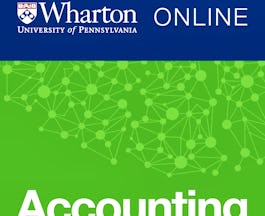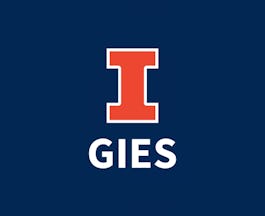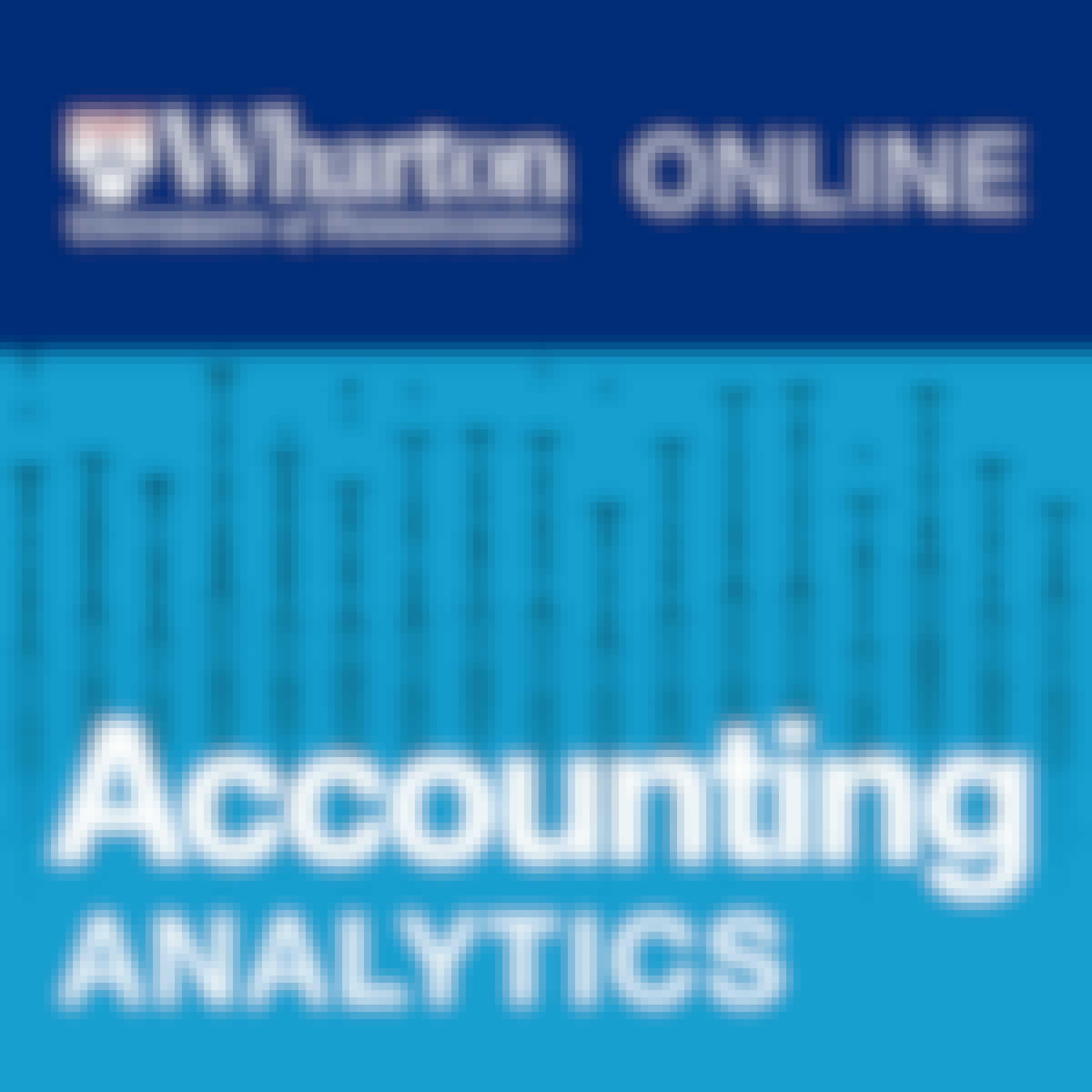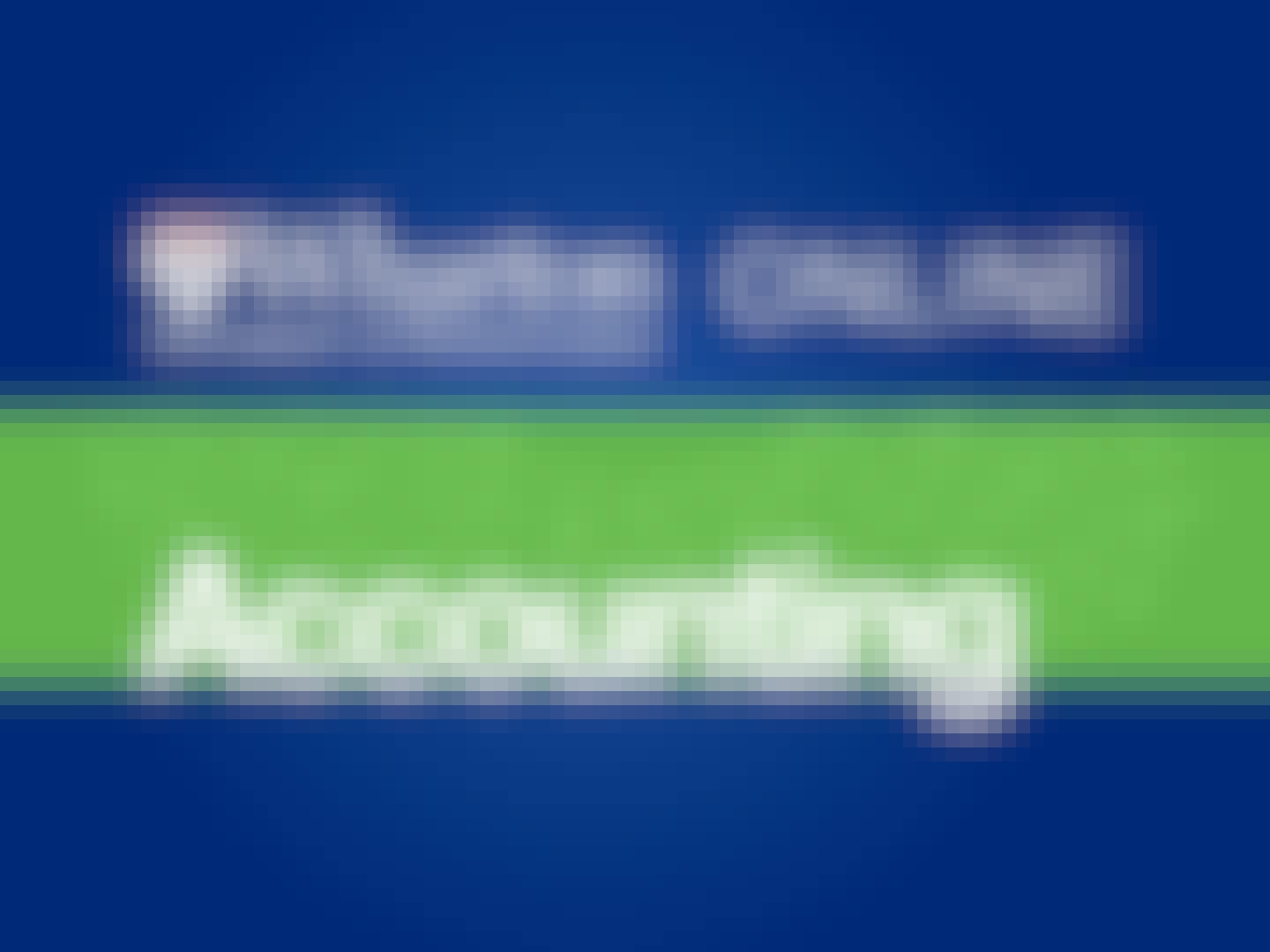Filter by
SubjectRequired
LanguageRequired
The language used throughout the course, in both instruction and assessments.
Learning ProductRequired
LevelRequired
DurationRequired
SkillsRequired
SubtitlesRequired
EducatorRequired
Explore the Accounting Course Catalog


University of Pennsylvania
Skills you'll gain: Financial Statements, Return On Investment, Financial Statement Analysis, Finance, Financial Reporting, Capital Budgeting, Financial Accounting, Financial Modeling, Working Capital, Balance Sheet, Accrual Accounting, Accounting, Cash Flows, Income Statement, Generally Accepted Accounting Principles (GAAP), Financial Analysis, Tax Planning, Equities, Financial Planning, Corporate Finance


University of Pennsylvania
Skills you'll gain: Financial Statements, Financial Statement Analysis, Financial Reporting, Financial Accounting, Balance Sheet, Accrual Accounting, Financial Analysis, Accounting, Cash Flows, Income Statement, Generally Accepted Accounting Principles (GAAP), Bookkeeping, Revenue Recognition, Depreciation
 Status: Free
Status: Free
University of Lausanne
Skills you'll gain: Balance Sheet, Income Statement, Cash Flows, Financial Accounting, Cash Management, Financial Statements, Accounting, Financial Statement Analysis, Bookkeeping, Working Capital, General Accounting, Accrual Accounting, Financial Reporting, Financial Analysis

Skills you'll gain: Reconciliation, Financial Statements, Financial Statement Analysis, Inventory Accounting, Payroll, Bookkeeping, QuickBooks (Accounting Software), Inventory Control, Income Statement, Balance Sheet, Financial Reporting, Depreciation, Fixed Asset, Payroll Tax, Property Accounting, Accounting Software, Financial Accounting, Financial Analysis, Sales Tax, Accounting


University of Illinois Urbana-Champaign
Skills you'll gain: Management Accounting, Income Statement, Financial Statements, Performance Measurement, Balance Sheet, Organizational Strategy, Financial Statement Analysis, Capacity Management, Cost Accounting, Performance Metric, Cash Flows, Financial Accounting, Financial Reporting, Financial Analysis, Accounting, Budget Management, Business Metrics, Equities, Operational Analysis, Product Management


IESE Business School
Skills you'll gain: Financial Statement Analysis, Financial Statements, Income Statement, Accounting, Cash Flows, Financial Accounting, Balance Sheet, Financial Analysis, Financial Reporting, Generally Accepted Accounting Principles (GAAP), Accrual Accounting


University of Virginia
Skills you'll gain: Financial Statements, Financial Accounting, Balance Sheet, Financial Reporting, Financial Statement Analysis, Annual Reports, Accrual Accounting, Income Statement, Financial Analysis, Generally Accepted Accounting Principles (GAAP), Accounting Records, Cash Flows


University of California, Irvine
Skills you'll gain: Accounting Systems, Accounting, Month End Closing, Accounting Records, Bookkeeping, Financial Accounting, Financial Statements, General Accounting, General Ledger, Accrual Accounting, Financial Reporting, Generally Accepted Accounting Principles (GAAP), Income Statement, Balance Sheet, Project Closure, Revenue Recognition, Business Ethics, Reconciliation, Microsoft Excel, Journals


University of Pennsylvania
Skills you'll gain: Financial Data, Financial Analysis, Financial Statement Analysis, Financial Forecasting, Business Analytics, Predictive Analytics, Analytics, Forecasting, Accounting, Business Metrics, Performance Analysis, Anomaly Detection, Return On Investment, Key Performance Indicators (KPIs), Regression Analysis


University of Pennsylvania
Skills you'll gain: Financial Statements, Financial Statement Analysis, Working Capital, Financial Accounting, Income Statement, Financial Analysis, Balance Sheet, Financial Reporting, Accounting, Tax Planning, Inventory Accounting, Accounts Receivable, Income Tax, Tax, Equities, Cash Flows, Fixed Asset, Depreciation


University of Illinois Urbana-Champaign
Skills you'll gain: Revenue Recognition, Financial Statements, Accrual Accounting, Financial Accounting, Accounting Records, Income Statement, Accounting, Financial Reporting, Balance Sheet, Generally Accepted Accounting Principles (GAAP), Accounts Receivable, Inventory Accounting, Cash Flows
 Status: Free
Status: Free
West Virginia University
Skills you'll gain: Auditing, Internal Controls, Financial Controls, Threat Detection, Anomaly Detection, Financial Auditing, Cybersecurity, Financial Data, Investigation, Analytics, Specialized Accounting, Security Awareness, Big Data, Business Ethics, Analysis, Compliance Reporting, Data Analysis Software, Ethical Standards And Conduct, Probability Distribution
In summary, here are 10 of our most popular accounting courses
- Introduction to Finance and Accounting: University of Pennsylvania
- Introduction to Financial Accounting: University of Pennsylvania
- Accounting 1: University of Lausanne
- Intuit Academy Bookkeeping: Intuit
- Fundamentals of Accounting: University of Illinois Urbana-Champaign
- Accounting: Principles of Financial Accounting: IESE Business School
- Financial Accounting Fundamentals: University of Virginia
- Introduction to Financial Accounting: The Accounting Cycle: University of California, Irvine
- Accounting Analytics: University of Pennsylvania
- More Introduction to Financial Accounting: University of Pennsylvania











